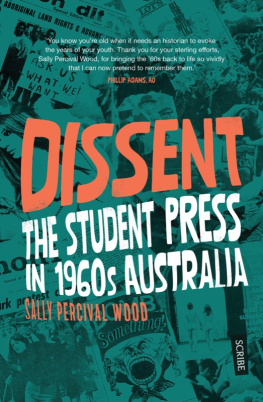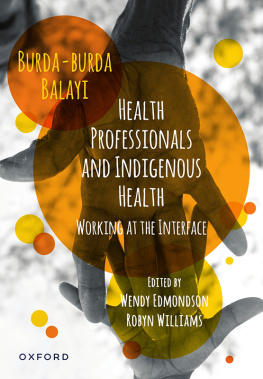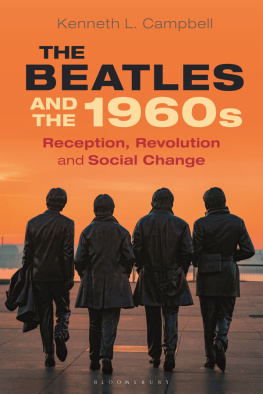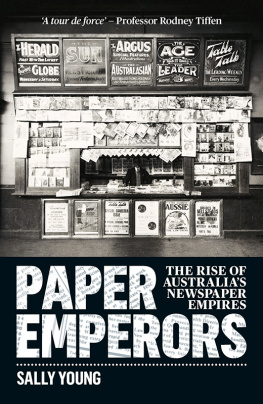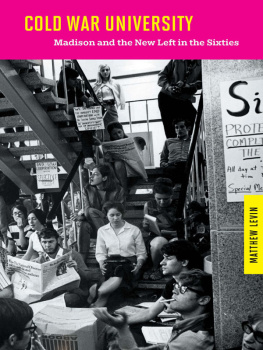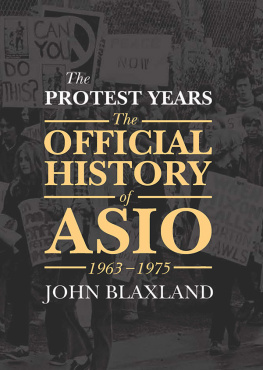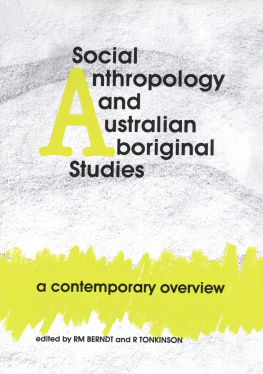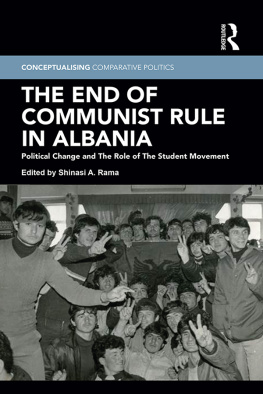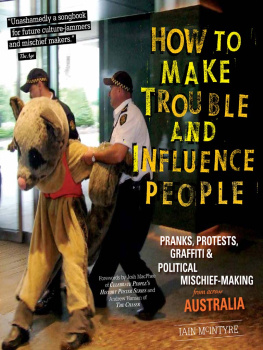
DISSENT
Dr Sally Percival Wood is a Melbourne-based historian and author. Sally has worked extensively, researching and writing, on Australias relations with Asia postWorld War II. She managed the Track Two Diplomacy program with Asialink at The University of Melbourne (201012), and has given public lectures in Vietnam, Cambodia, Brunei, Indonesia, and India. In 2015, she wrote 60 Years: Australia in Malaysia, 19552015 for the Department of Foreign Affairs and Trade. Other publications include The AustraliaASEAN Dialogue: tracing 40 years of partnership (co-edited with Baogang He, 2014), Our Place in the Asian Century: Southeast Asia as The Third Way (with Anthony Milner, 2012), and Identity, Education, and Belonging: Arab and Muslim youth in contemporary Australia (with Fethi Mansouri, 2008). Sally is currently a member of Deakin Universitys Contemporary History Research Group, and the Professional Historians Association.
For Pete
Scribe Publications
1820 Edward St, Brunswick, Victoria 3056, Australia
2 John Street, Clerkenwell, London, WC1N 2ES, United Kingdom
First published by Scribe 2017
Copyright Sally Percival Wood 2017
All rights reserved. Without limiting the rights under copyright reserved above, no part of this publication may be reproduced, stored in or introduced into a retrieval system, or transmitted, in any form or by any means (electronic, mechanical, photocopying, recording or otherwise) without the prior written permission of the publishers of this book.
9781925322194 (paperback edition)
9781925548570 (e-book)
A CiP record for this title is available from the National Library of Australia.
scribepublications.com.au
scribepublications.co.uk
CONTENTS
by Graeme Davison
FOREWORD
In a digital age, when students listen to lectures online, socialise on Facebook, and vent their opinions on Twitter, it is easy to forget how much their predecessors lives revolved around the print-and-paper world of the student newspaper. We baby boomers, often the first in our families to get to university, were omnivorous readers and compulsive writers, products of a print culture that still thrived in the age of radio and television. Every Friday, in the early 1960s, I joined my Melbourne University friends on the Union Lawns where we ate our homemade sandwiches and turned the pages of the latest issue of Farrago . By turns earnest, jocular, ribald, provocative, and indignant, the student newspaper amplified the moods of the student body itself. As we debated Farrago s opinion pieces and laughed at its cartoons, we were defining our own opinions. At campuses all over the country, in Honi Soit and Lots Wife , Woroni and Tharunka , a new student generation was finding its voice.
Often, as Sally Percival Wood shows in this lively and evocative history, the student press was a voice of dissent. Dissent the rejection of conventional or official opinion was the symptom of a widening generation gap. Parents who had weathered Depression and war looked on aghast as their children abandoned the comforts and conventions of the sleepy suburbs in which they had been reared. Education had broadened students horizons, accentuating what one student acutely self-diagnosed as a deep frustration of powerlessness. The Vietnam War catalysed this dissent, precipitating a torrent of manifestos, posters, cartoons, editorials, and articles, not just about the war, but about everything from religion, politics, race, and the perennial preoccupation of student life sex. In the process, they helped to create the counterculture a vibrant mix of drugs, sex, and rocknroll that changed Australia forever. They tested and transgressed the conventional bounds of free expression, regularly landing student editors in the magistrates courts charged with obscenity and, more rarely, blasphemy and sedition. They led the mainstream press in the discussion of Aboriginal rights, abortion, feminism, and the environment. As Sally persuasively argues, the student press of the 1960s was the impetus that got things moving in the broader society.
Its temper was radically democratic, often angry, sometimes iconoclastic, but seldom cynical or anarchic. As the most talented and committed of the one-in-twenty young Australians to get to university, the student journalists of the 1960s would eventually leave a deep impression on Australias political and intellectual life. One of the fascinations of this book is to witness the intellectual debut of future politicians Don Dunstan, Gareth Evans, and John Bannon; lawyers Michael Kirby and Jim Spigelman; academics Dennis Altman, Peter Singer, and Anna Yeatman; journalists Laurie Oakes, Anne Summers, Wendy Bacon; actor and writer Graeme Blundell; cartoonist Michael Leunig; and publishers John Iremonger and Henry Rosenbloom. As they discarded their jeans and shaved their beards, some campus radicals would quietly shed their youthful radicalism. Some stayed true to their beliefs, but quietly slipped from public view. A few, like historian Keith Windschuttle, lurched from the radical left to the radical right.
One figure, above all, personified the spirit of the 1960s student press. The swashbuckling Pete Steedman was the most prodigiously talented newspaper editor of his generation. For most students, editing or writing for the campus rag was a sideline to serious study, but Steedman turned it into a badly-paid, full-time job. For half a decade, he edited newspapers at both Monash and Melbourne universities, somehow dodging the Unsatisfactory Academic Progress committees at both. As Sally shows, his was not a triumph of personal charisma alone though few contemporaries matched his exploits in the bar or the bedroom but of a good newsmans nose for the big issues, of having an instant rapport with his readers, and of his keen appreciation of the potential of a new technology web offset printing to create images and stories that simply leapt off the page. His talent did not escape the notice of mainstream publishers and Steedman would go on to later edit newspapers of his own. But no role as editor or later as Labor MP was quite so obviously made for him as the big newsman on campus.
Dissent is more than a nostalgic portrait of Steedman and his contemporaries. If you had asked them, they may well have declared that they lived in dark times. But in one respect at least, their times were brighter than ours. Although their world was out of joint, they believed that their words could change it for the better. They dared to believe that the typewriter and the printing press were mightier than napalm and B52s. Would that we all had more of that faith, and more reason, in the era of Trump and Twitter, to cling to it.
Graeme Davison, Emeritus Professor at Monash University,
and co-author of University Unlimited: the Monash story .
INTRODUCTION
The 1960s opened with some huge media moments, two of the most sensational being the death of Marilyn Monroe in 1962, closely followed by the assassination of JFK in 1963. I was oblivious to both. The first major media moment for me and one of my earliest memories was of The Beatless tour of Australia in June 1964. I was four-years-old and watched their arrival in Melbourne on TV with my nan. I had never seen one screaming, demented teenager, let alone hundreds all gathered in one place outside Melbourne Town Hall to greet the Fab Four. Some girls were so overwrought, they tugged at their hair and sobbed. This was utterly fascinating to me, but only marginally more fascinating than the indignant response of my nan. Oh, for heavens sake, she scoffed. This is ridiculous. I glanced from the TV to my nan, realising in some vague way that I was perched between two worlds what would later be called the Generation Gap. My nan, Elsie Percival, was born in England in 1899, when Queen Victoria was still on the throne. The sun, in those days, never set on the British Empire. My nan, like the Empire, was firmly in control. She never went out without a hat, was modestly but immaculately groomed, emotions in check. These hysterical Beatles fans seemed ludicrous to my nan. What was the world coming to?
Next page
